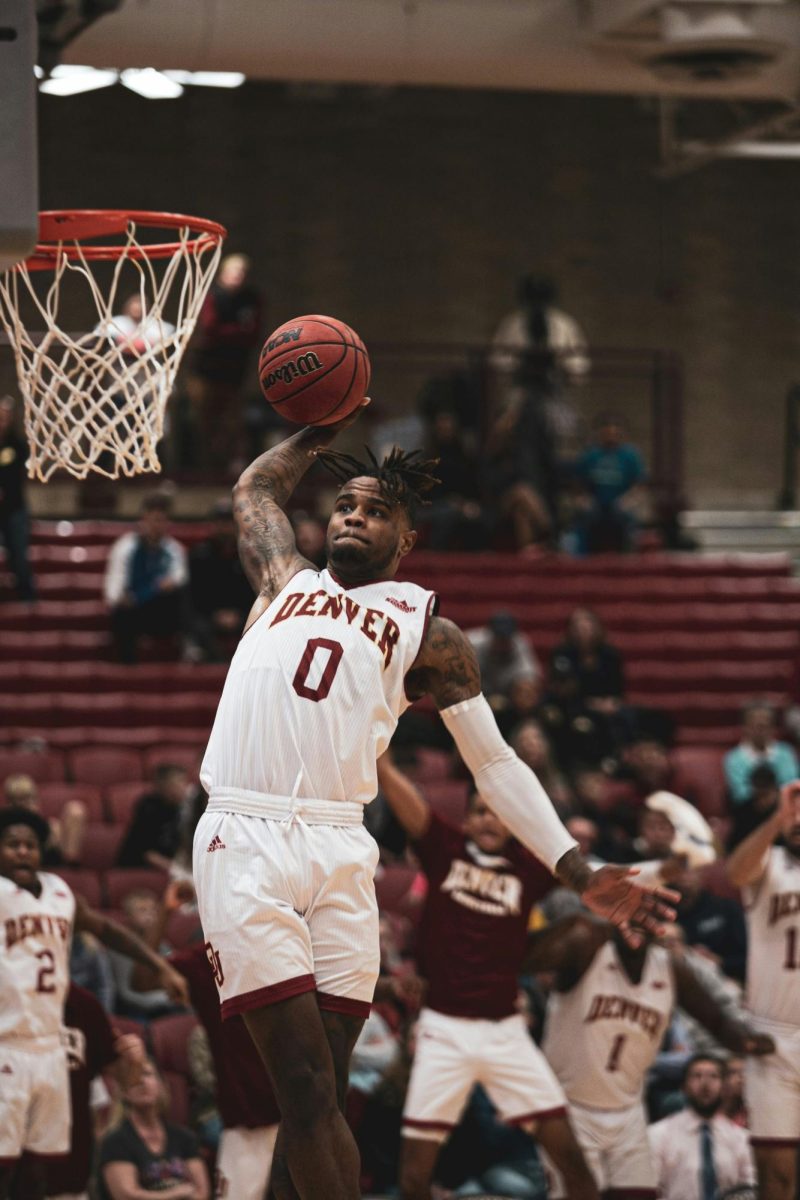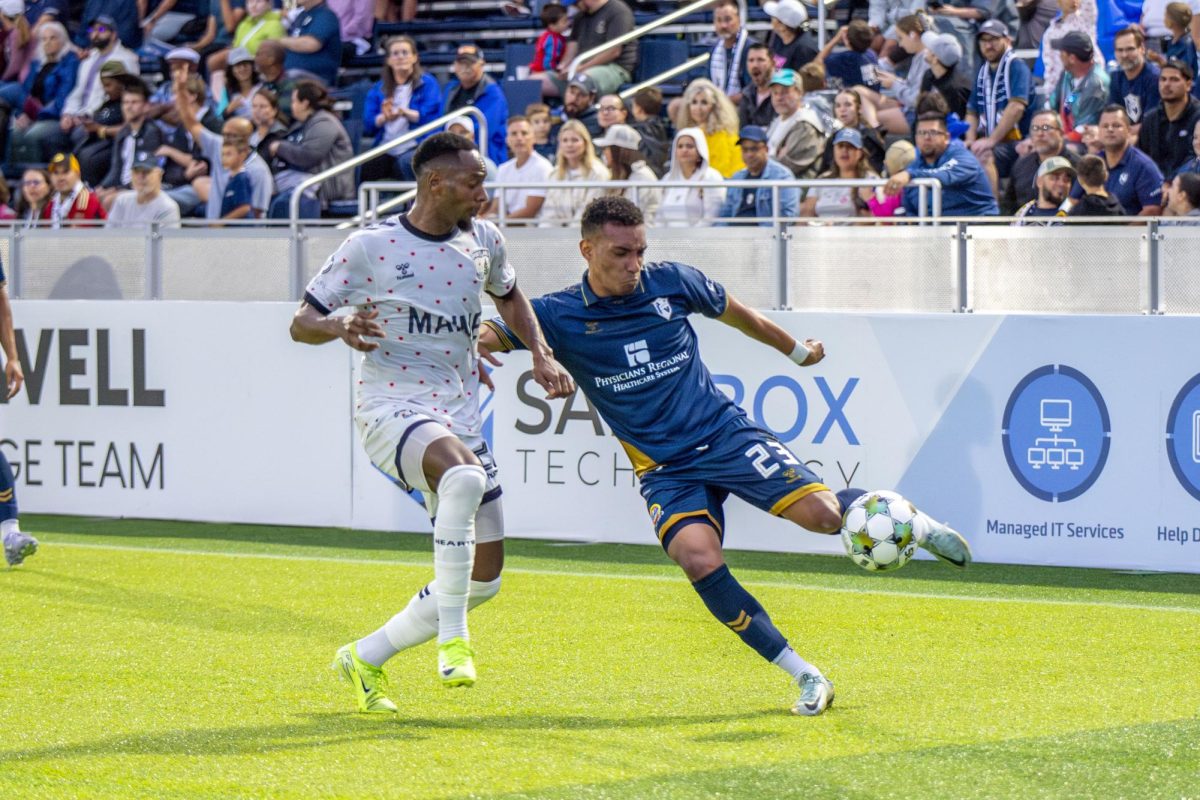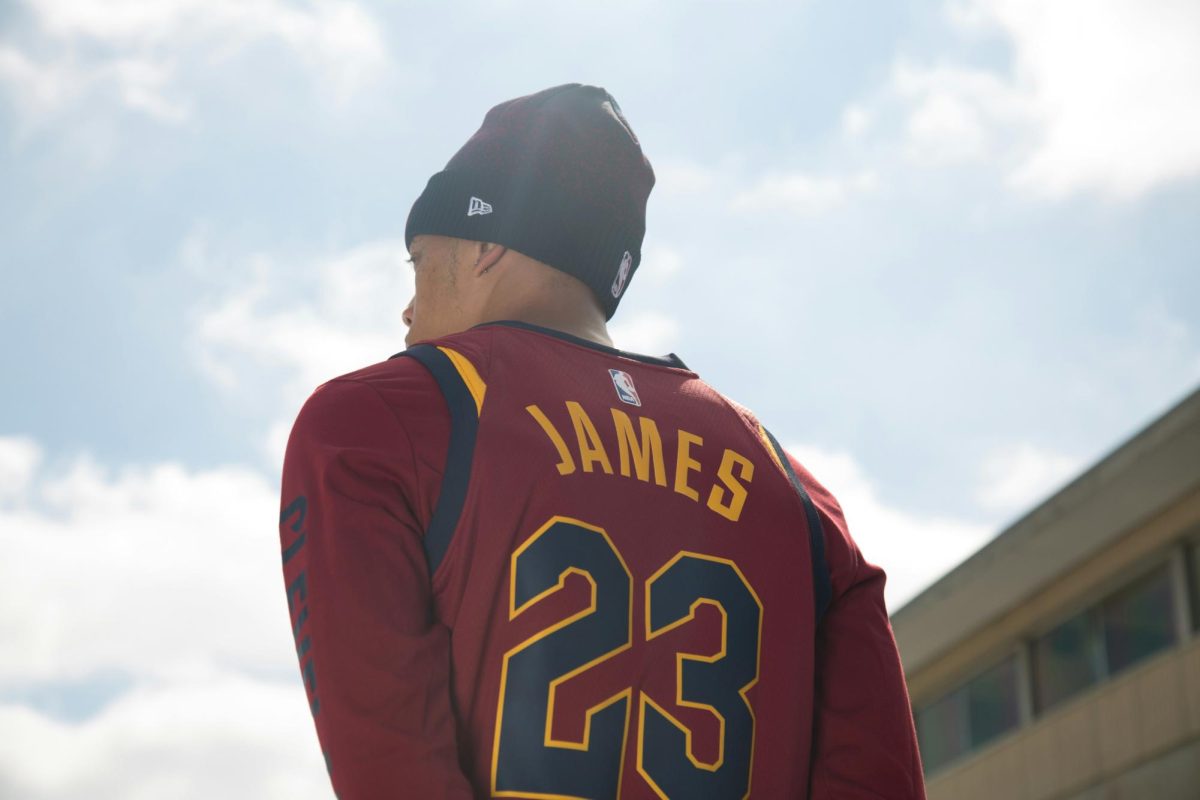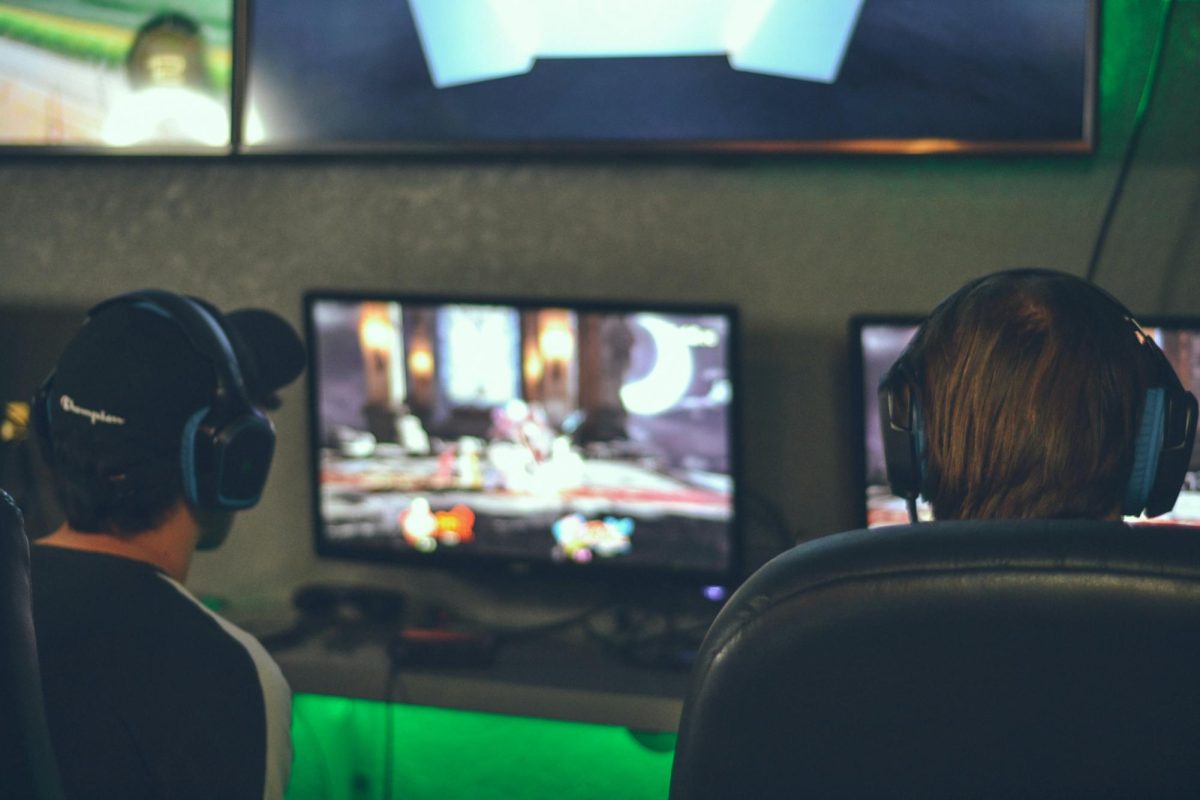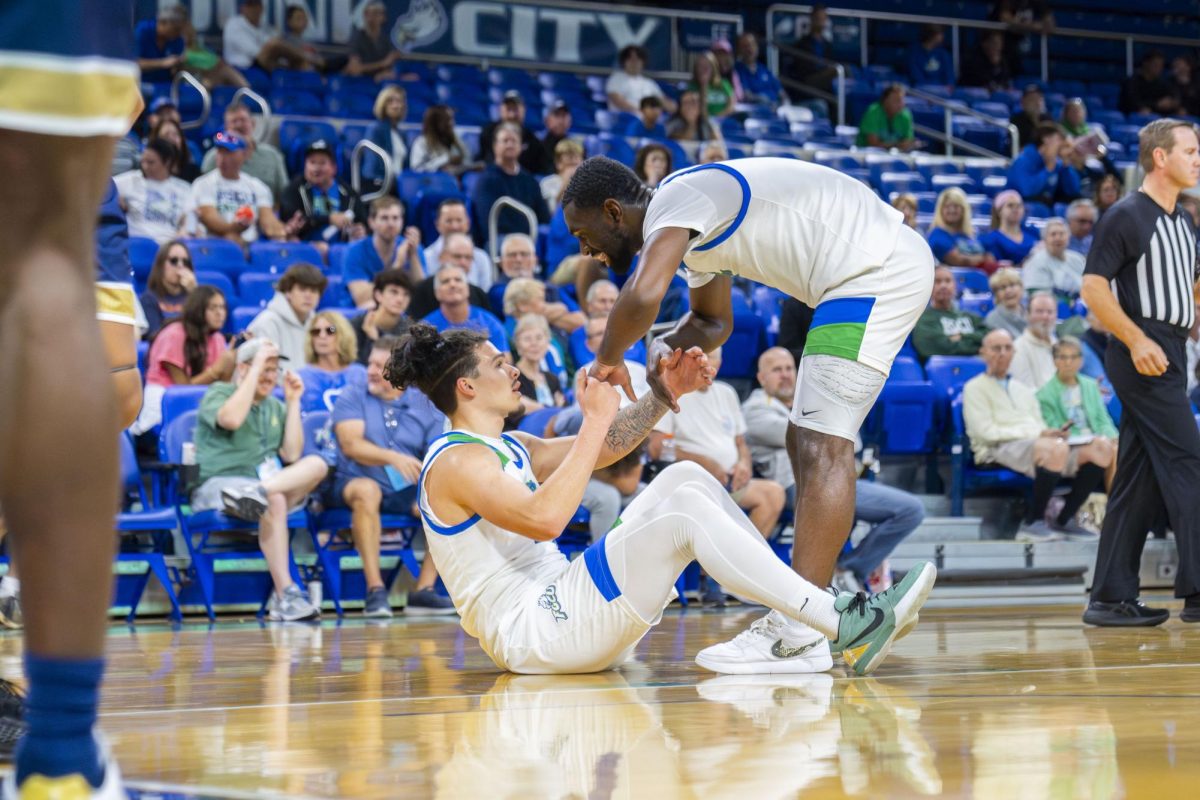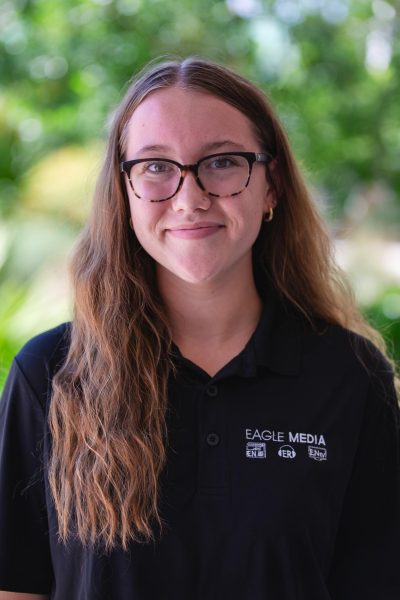The FGCU esports collegiate club is prepared for another year of success and some teams have already begun their tournaments this fall semester.
Esports as a whole has teams for Call of Duty, Valorant, League of Legends, Overwatch, Super Smash Bros., Street Fighter, Fortnite and Rocket League. Each game has, on average, two to four teams, and players must go through tryouts before being placed on a team. The amount of teams for each game is based on the amount of rosters allowed in each league they join along with the amount of interest they get during tryouts.
Each game and its teams has a game manager. The manager holds responsibilities such as drafting players, entering their teams into tournaments, scheduling practices, etc.
“So besides organizing practices and matches, sort of my role as a manager is to sort of be the emotional core of the team, is how I view it. I’m the one that, you know, keeps people active, keeps people motivated,” Overwatch team manager Charles Davidson said. “You know, there are periods where people kind of don’t want to play the game, because they’re frustrated with it. And I view it’s sort of my responsibility to kind of keep them on that good path.”
Since esports is in a collegiate-based league, the seasons and tournaments are typically scheduled around FGCU’s academic semesters. This year, the Overwatch teams will play in two tournaments before reaching the playoffs later in the semester. They played their first two games in the Blizzard Collegiate Homecoming on Sept. 9.
The intensity and quantity of team practices varies depending on the game and teams. This semester, the Overwatch teams will be practicing once a week. They call these practices “scrimmages” because they consist of playing against another team for two hours at a time, typically six maps in a full scrimmage.
Last year, the FGCU Call of Duty team made it into a national tournament qualifying in division two and practiced every day of the week in preparation for their final games. It is not typical to see this level of intensity, and players said they would not recommend it as they got burnt out quickly.
“So we ended up getting placed in Division Two, which is not a big deal. We ended up going undefeated in that, so that gave us a really good seed for playoffs. We didn’t even drop a map either, we just breezed through pretty easily,” Vice President of Esports club Josh Kirchner said. “But then for the playoffs, we played teams from the south region. And we ended up getting fifth. So that pretty much put us at the top 24 in the nation.”
The esports club has a Discord that anyone can join. Not only do players join practices through the individual team discord channels, but they also have a main channel with over 800 people where players or anyone interested can find others to casually play video games with. Even if someone is not on an official team, they can join the discord. Anyone who may be interested in trying out for a team in the future is encouraged to join the discord and play casually with other teammates as they can then get a feel for the other players or overall expectations from team managers.
Players say the esports community is welcoming and a great way to make like-minded friendships. Like any other sport or club on campus, many of the players form lifelong friendships with one another.
“My three roommates, I met through COD and like, we found a house together. So now at least one of them is gonna be on the same team as me and we’ll get to practice together all the time,” Call of Duty player Jake Wheeler said. “And I mean, there’s 10 of us that have played COD for the past three years and they’re probably my closest friends.”
In addition to making friends within their teams, players meet students from other universities across the country and see this as a networking opportunity.
“It’s just really easy to connect with other schools and get these guys introduced and make sure that they’re getting what they need in terms of promotion and networking to grow their personal brand as well,” Kirchner said.








